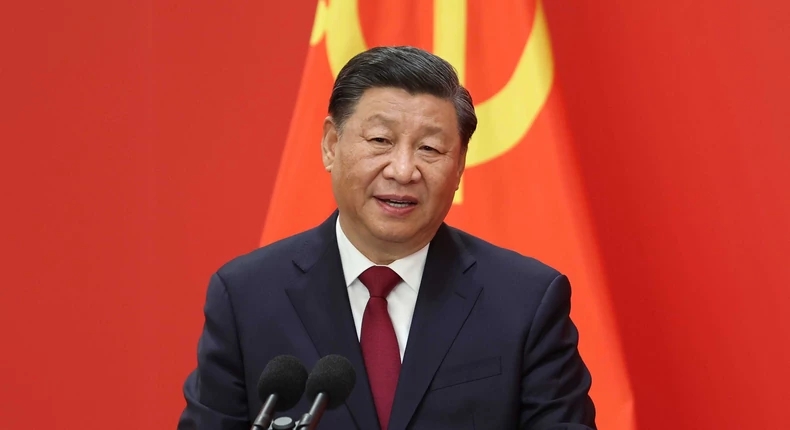The CEO of Awabah, Tunji Andrews has enumerated how the Startup Act of 2022 signed by President Muhammadu Buhari in 2022 addressed the problems faced by startups in Nigeria.
He disclosed this as a guest speaker during the Nairmetrics webinar themed Nigeria Startup Act and Tech Investment- Exploring Possibilities.
According to Mr. Andrews, there are five provisions in which the Startup Act of 2022 addresses impediments encountered by startups in the country.
They are education, mentorship, funding, taxes and registration.
Education
On education, he said the Startup Act ensures the promotion of entrepreneurship especially in schools (Universities) where students can be learners and founders simultaneously.
He noted that he is proud the Nigeria University Commission (NUC) is working on programs related to that in its new curriculum. He referred to Ghana where they have made significant progress relating to entrepreneurial education whilst in schools.
Mentorship for Entrepreneurs
Going further, he said the 2022 Startup Act also provides access to mentorship for young founders. He specially mentioned the importance of mentorship from more experienced entrepreneurs for startups who want to scale.
- In his words, “Mentorship for any startup at all whether in Nigeria or anywhere is a very critical and a very useful thing to have”
Funding
Perhaps, the most significant problem the Startup Act 2022 addressed for young entrepreneurs was that of funding.
Mr. Andrew said “providing access to funding. A lot of funding that comes to Nigerian startups seems to come from outside.
The problem with that is that they are always missing the nuisance when you try to explain the peculiarities of the Nigerian environment to a foreign investor who hasn’t been to Nigeria.
This (the Act) creates a bit of a framework in terms of access to funding”
Tax breaks
In terms of taxes, Mr Tunji noted that tax breaks and reduction of excessive regulatory oversight were some of the novel innovations of the Startup Act of 2022.
He explained that the importance of the exclusion of startups from taxes by the act cannot be overemphasized.
- In his words, “This is critical because it is difficult to do a startup anywhere in the world especially Nigeria because you are going against the grind and there are so many things that are built against you. So having exemption from taxes will be very critical to startups”
Registration and Ease of Doing Business
Speaking further, the guest speaker noted that the 2022 Startup Act also helps streamline the process of registration of businesses.
He specifically mentioned the Ease-of-Business Act signed by President Buhari in February 2023 also complements the provisions of the Startup Act.
- He said, “I think the ease of doing business has already started it in this direction and this just takes it to the next level, making it easier for Nigerian businesses to register in Nigeria. I did hear recently of a Nigerian ecosystem, that insisted on being registered in Nigeria.”
- “Most of the Nigerian startups you see are usually registered either in Delaware or somewhere in the European Union.
- “That is not exactly ideal so I think this helps to be able to have businesses registered in Nigeria and be able to have those laws that can stand in good stead for investors to look at Nigerian registered businesses and still want to invest”
watch the full video here:















